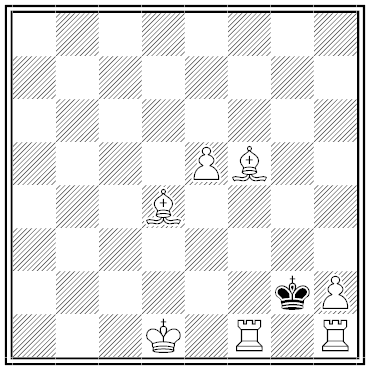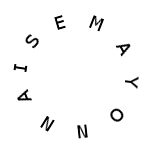From a 1921 essay by A.A. Milne:
TERALBAY is not a word which one uses much in ordinary life. Rearrange the letters, however, and it becomes such a word. A friend — no, I can call him a friend no longer — a person gave me this collection of letters as I was going to bed and challenged me to make a proper word of it. He added that Lord Melbourne — this, he alleged, is a well-known historical fact — Lord Melbourne had given this word to Queen Victoria once, and it had kept her awake the whole night. After this, one could not be so disloyal as to solve it at once. For two hours or so, therefore, I merely toyed with it. Whenever I seemed to be getting warm I hurriedly thought of something else. This quixotic loyalty has been the undoing of me; my chances of a solution have slipped by, and I am beginning to fear that they will never return. While this is the case, the only word I can write about is TERALBAY.
The answer is not RATEABLY, or BAT-EARLY, which “ought to mean something, but it doesn’t.” Rudolf Flesch notes that TRAYABLE is not a word, and that, though TEARABLY appears in small type in Webster’s Unabridged, “it obviously won’t do.”
What’s the answer? There’s no trick — it’s an ordinary English word.





